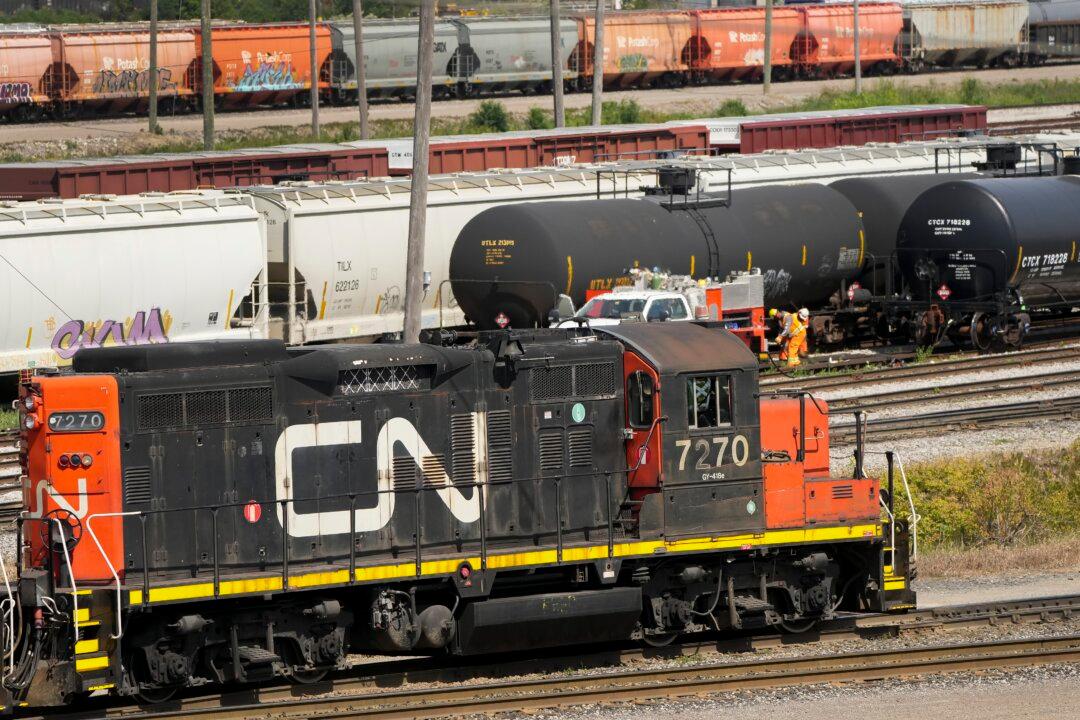Blockades by anti-Israel protesters have led the Canadian National Railway to lose millions of dollars and suffer “irreparable harm,” say courts in three provinces.
“I would have no difficulty in concluding that blockades of Canadian National Railway lines in New Brunswick would amount to irreparable harm to CN,“ wrote Justice Robert Dysart of the New Brunswick Court of Queen’s Bench, as first reported by Blacklock’s Reporter. “It would amount to an unlawful trespass on CN’s property.”





